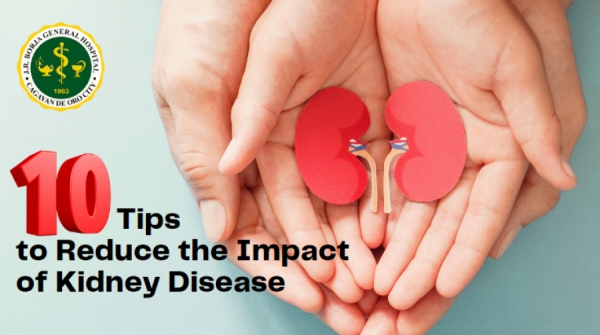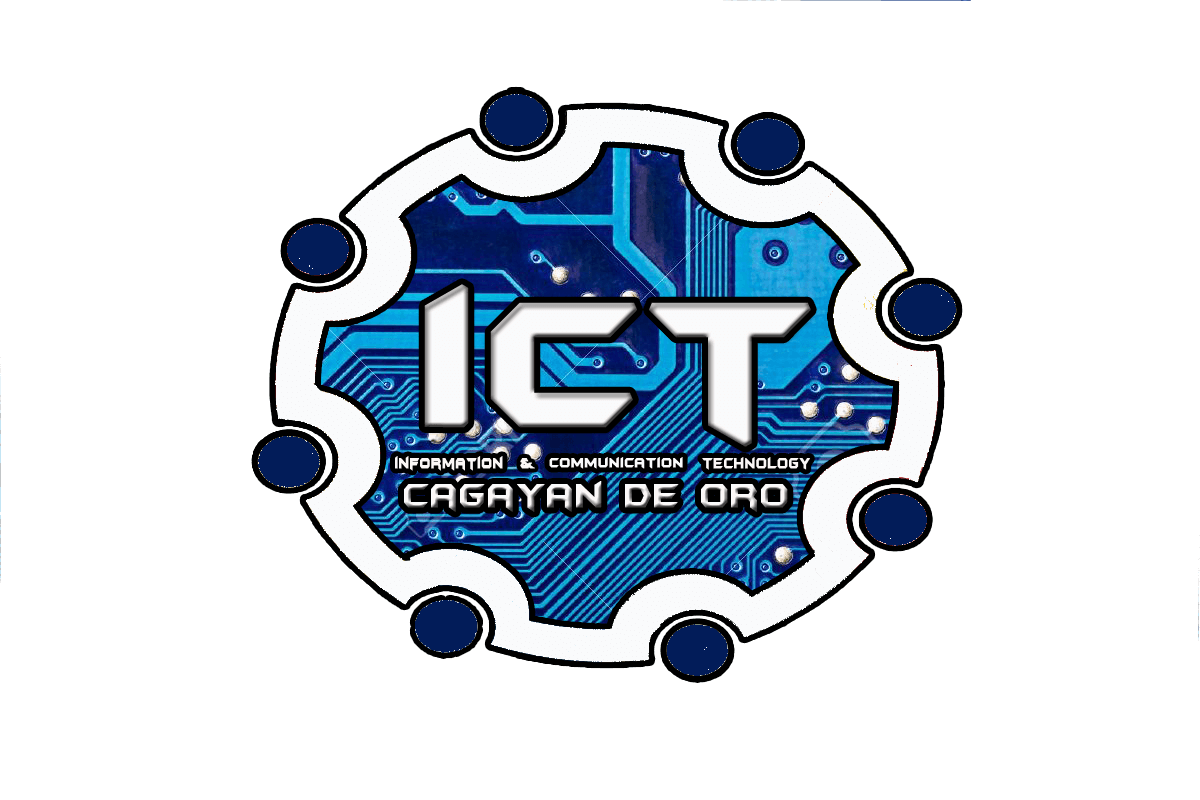10 Tips to Reduce the Impact of Kidney Disease
Every June of the year, Filipinos around the world observe National Kidney Month to raise awareness of the importance of our kidneys and to help reduce the impact of kidney disease. According to a survey conducted by the National Kidney and Transplant Institute, Chronic Kidney Disease-V affects 10,800 Filipinos yearly. Every year, around 30,000 to 40,000 CKD-V patients need to have dialysis. Although kidney disease cannot be cured, it can easily be prevented by early detection. This ensures that kidney failure is prevented as well as averting the progression of acute cases to Chronic Kidney Disease-V.
Here are 10 tips to keep your kidneys healthy:
- Do not overuse painkillers.

Your kidneys have small filtering blood vessels inside, and long-term exposure to NSAIDS, or non-steroidal anti-inflammatory drugs, can cause analgesic nephropathy. Some cases of acute kidney failure have been linked to painkiller and analgesic abuse.
- Reduce your salt intake.

A high salt intake makes it harder for your kidneys to expel fluid from your body, resulting in high blood pressure. It also increases the amount of protein in your urine, which leads to the decline of your kidney function since protein particles are too big to pass through our kidney filtration system.
- Refrain from eating processed food

Processed food is well known to be high in salt and phosphorus. Phosphorus, according to some studies, is harmful to the kidneys and bones of people with existing kidney disease.
- Drink enough water.

Water is a vital nutrient in our body. It gets rid of our waste through urination, perspiration, and defecation.
- Curb your sugar intake.

Sugar is a huge contributing factor to obesity, diabetes, and high blood pressure. The last two diseases are two of the leading causes of kidney disease.
- Limit your meat intake.

A large study conducted in Singapore suggests that eating red meat, especially pork, is associated with an increased risk of end-stage kidney failure due to the fact that it generates too much acid in the blood, which the kidneys cannot eliminate that fast.
- Get your Zzzs.

Our kidney function, as it turns out, is regulated by our sleep-wake cycle, which helps synchronize our kidney’s 24-hour workload. Our short sleep changes affect the physiology of our body, damaging our kidneys. This is because our kidneys work differently during the night and during the day, so our body’s demands are different during these times.
- Stop smoking

Smoking damages your heart and blood vessels, leading to poor blood flow to your kidneys, causing injury.
- Move

Physical activity increases blood circulation to the different parts of the body. It helps lower blood pressure and improves glucose metabolism, which are important for good kidney health.
- Drink moderately

Alcohol lessens the kidney’s ability to filter blood as well as regulate fluid and electrolytes in the body. Moreover, alcohol disrupts the hormones that regulate kidney function.
If you have a condition that increases your risk of kidney disease or a family history of kidney disease, make sure to get yourself checked and work closely with your GP.
Resources:
https://www.cdc.gov/kidneydisease/prevention-risk/take-care.html
https://www.healthline.com/health/kidney-health#monitor-otc-pill-intake
https://www.webmd.com/sleep-disorders/news/20151105/poor-sleep-might-harm-kidneys-study-suggests
https://www.davita.com/education/ckd-life/lifestyle-changes/smoking-and-chronic-kidney-disease


